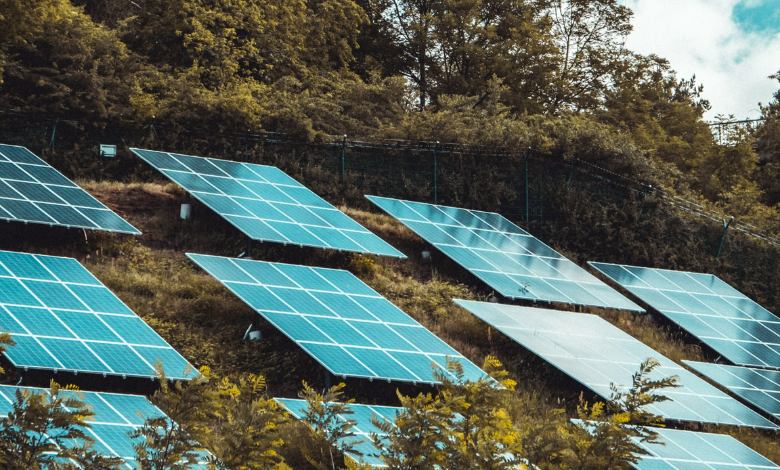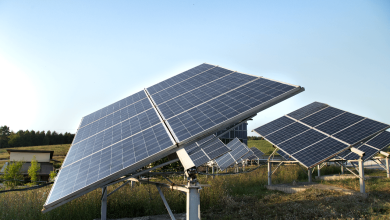Solar energy not letting climate change threaten female farmers’ crops and income anymore

The climate emergency has made the atmosphere intensely unpredictable. It no longer rains as per expectations, but then suddenly, it pours so heavily that a good portion of crops lose their value. This unpredictability is being joined by inadequate cold storage facilities.
People like Chanda Devi, a smallholder farmer from Bukhari village in the northern Indian state of Bihar, are extremely vulnerable to the adverse impacts of climate change, disrupting the traditional agricultural cycle and threatening their crops and incomes.
Located in the fertile Indo-Gangetic plains, Bihar depends heavily on agriculture. More than 75% of its populace is engaged in farming and related activities, contributing nearly 25% of the state’s Gross Domestic Product (GDP), as per UNDP.
Not letting spoilage cut into farmers’ already slim profits
Speaking to the UN Development Programme, Chanda Devi highlighted the unpredictability of atmospheric conditions triggered by climate change. On top of that, inadequate proper storage facilities keep threatening the crops that survive the weather’s whims.
The Ministry of Food Processing Industries says that in 2022, India lost between 5 to 13% of its fruits and vegetables between harvesting and consumption, emphasising the need for cold storage facilities at the last mile to not let wastage further cut into farmers’ already slim profits.
In order to help farmers like Chanda Devi protect their harvest from climate-related uncertainties, UNDP and the Government of Bihar, supported by the Government of Japan, have established 15 solar-powered cold storage units in the northern state.
Helping farmers secure better prices for crops
Such storage facilities are and innovative and sustainable solution. They harness clean energy from solar panels at much lower rates than grid-based electricity. These setups help significantly cut carbon emissions, tackling the root cause of the problem.
These facilities are particularly advantageous in regions having limited grid electricity infrastructure or irregular power supply. They let farmers store their produce for extended periods, preventing spoilage and helping them access more markets to secure better prices.
With these cold storage facilities no longer letting perishable items lose their value due to irregularities in atmospheric conditions, Chanda Devi can now better meet household expenses and save for her children’s education, securing the future of her family.
Read More: Climate change’s impact on inflation and food prices should no longer be ignored



